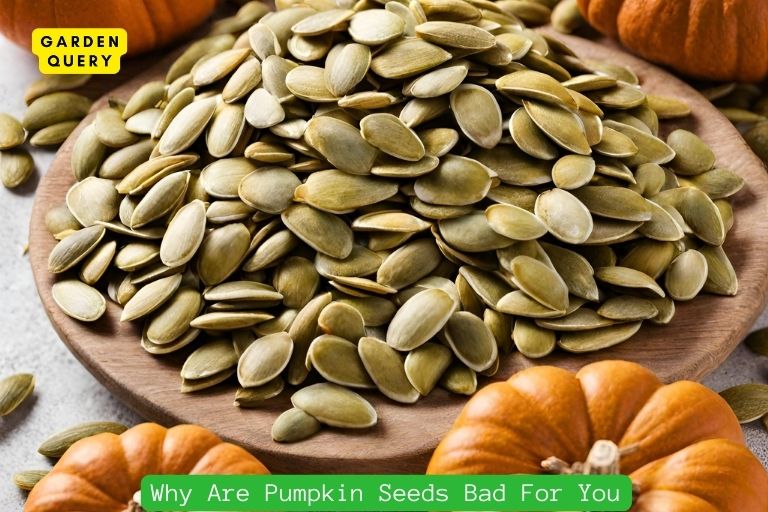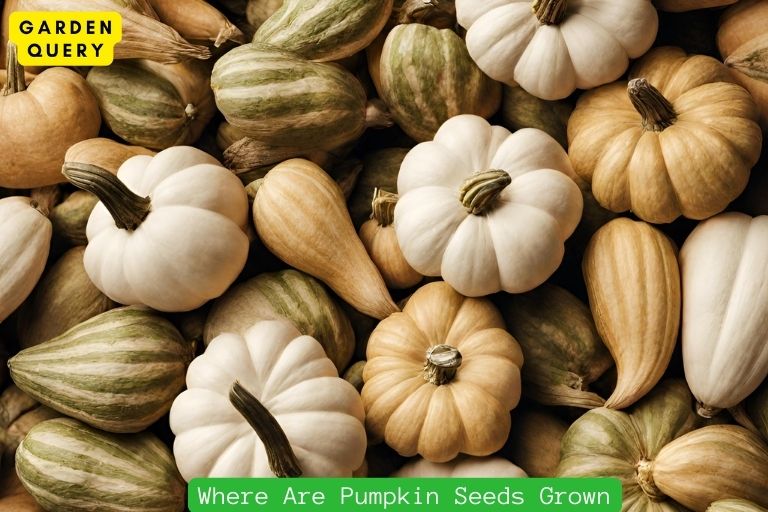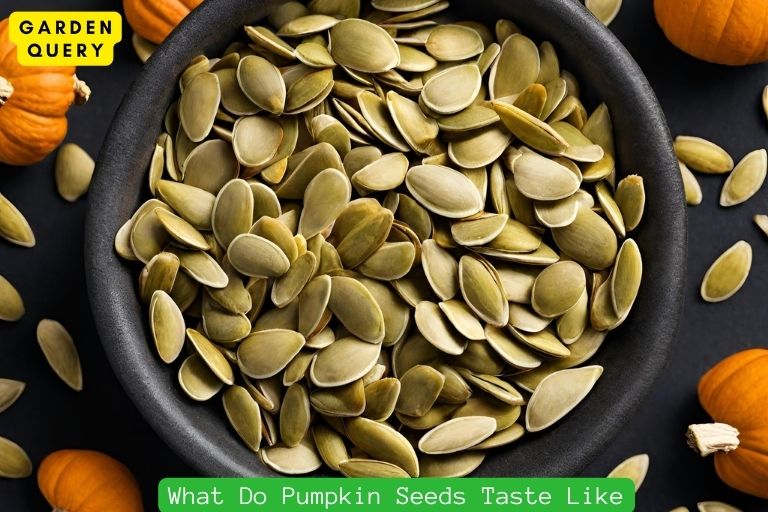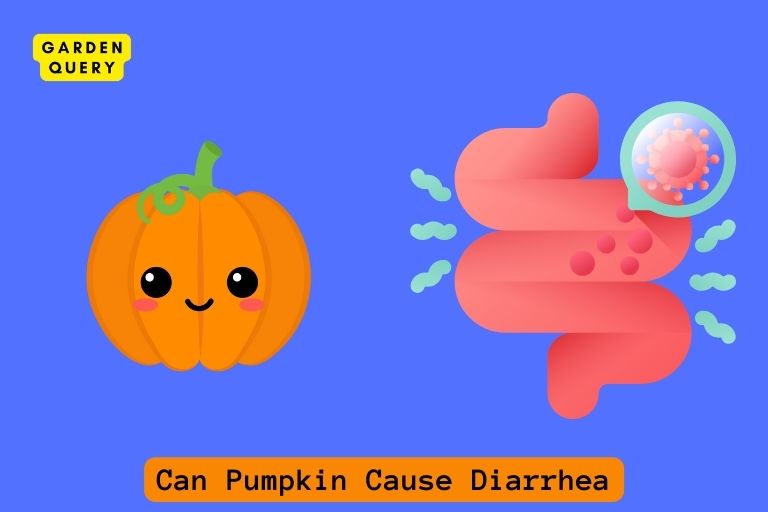Why Are Pumpkin Seeds Bad For You?
Potential Drawbacks of Pumpkin Seeds
While there are many health benefits associated with pumpkin seeds, it is important to be aware of some potential drawbacks as well.
High calorie and fat content: Pumpkin seeds are relatively high in calories and fat. A 1-ounce serving of pumpkin seeds contains approximately 160 calories and 14 grams of fat. While these fats are mainly healthy fats, excessive consumption can contribute to weight gain if not consumed in moderation.
Allergic reactions: Some individuals may be allergic to pumpkin seeds. Allergy symptoms can range from mild to severe and may include itching, hives, swelling, and difficulty breathing. If you experience any allergic reactions after consuming pumpkin seeds, it is important to seek medical attention.

Phytic acid: Pumpkin seeds contain phytic acid, a plant compound that can interfere with the absorption of certain minerals such as iron, zinc, and calcium. However, soaking or roasting the seeds can help reduce the phytic acid content and enhance mineral absorption.
Oxalate content: Pumpkin seeds also contain oxalates, which can contribute to the formation of kidney stones in some individuals. If you have a history of kidney stones or are at risk for developing them, it’s important to consume pumpkin seeds in moderation or consult a healthcare professional for guidance.
Added ingredients: Some commercially packaged pumpkin seeds may contain added ingredients such as salt and artificial flavors. These additives can increase the sodium and sugar content of the seeds, which may not be favorable for individuals with certain health conditions.
It is important to remember that while these drawbacks exist, they do not outweigh the potential health benefits of pumpkin seeds. Moderation and mindful consumption are key to enjoying the nutritional advantages without experiencing any negative effects.
In conclusion, pumpkin seeds offer numerous health benefits but also have some potential drawbacks. Being aware of these drawbacks and consuming pumpkin seeds in moderation can help you enjoy their nutritional advantages while minimizing any negative effects. As always, it is recommended to consult with a healthcare professional if you have specific dietary concerns or allergies.
Overconsumption Concerns
Although pumpkin seeds offer numerous health benefits, it is important to be mindful of the potential negative effects of overconsumption.
Weight Gain: Pumpkin seeds are high in calories and fat. Consuming them in excess can contribute to weight gain if not balanced with a healthy diet and exercise routine. It is important to portion control and enjoy them in moderation.
Allergic Reactions: Some individuals may experience an allergic reaction to pumpkin seeds. Symptoms may include itching, swelling, rashes, and difficulty breathing. If you have known allergies or suspect an allergy to pumpkin seeds, it is best to avoid consuming them or consult with a healthcare professional.
High in Phytic Acid: Pumpkin seeds contain phytic acid, which can interfere with mineral absorption in the body. This can potentially hinder the absorption of essential minerals like iron, zinc, and calcium. However, roasting or soaking the seeds can help reduce phytic acid content and enhance mineral absorption.
Digestive Issues: Pumpkin seeds are high in fiber, which is beneficial for digestive health. However, consuming excessive amounts of fiber can lead to bloating, gas, and abdominal discomfort. It is important to listen to your body and consume pumpkin seeds in moderation to avoid digestive problems.
Moderation is Key: Like any food, moderation is key when consuming pumpkin seeds. Enjoying them as a part of a well-balanced diet can provide you with their health benefits while minimizing any potential negative effects. It is advised to consult a healthcare professional or a registered dietitian for personalized dietary recommendations based on your individual needs.
Conclusion: While pumpkin seeds offer many health benefits, it is important to be mindful of the quantity consumed. Overconsumption can lead to weight gain, allergic reactions, hindered mineral absorption, and digestive issues. Moderation is key to incorporating pumpkin seeds into a healthy diet. Listen to your body and make informed choices to promote overall well-being.
Allergies and Sensitivities
For some individuals, pumpkin seeds may pose a threat due to allergies or sensitivities. Allergies to pumpkin seeds are relatively uncommon but can still occur. Certain proteins in pumpkin seeds can trigger an allergic reaction, ranging from mild symptoms like itching and hives to severe reactions like anaphylaxis. It’s essential to be aware of any food allergies you may have and consult with a healthcare professional if you experience any adverse effects after consuming pumpkin seeds.
Moreover, individuals with sensitivities to other similar foods like sesame or certain nuts may also experience reactions to pumpkin seeds. Cross-reactivity can happen when proteins in different foods share similarities, leading to allergic responses. It’s crucial for those with known allergies or sensitivities to be cautious when consuming pumpkin seeds and closely monitor their body’s reactions.
Furthermore, some individuals may experience digestive issues after consuming pumpkin seeds. These seeds are high in fiber, and while fiber is generally beneficial for digestion, it can cause discomfort for individuals with certain conditions, such as irritable bowel syndrome (IBS) or inflammatory bowel disease (IBD). If you have these conditions or a sensitive digestive system, it’s advisable to consume pumpkin seeds in moderation and observe any potential adverse effects.
Lastly, pumpkin seeds can also trigger migraines or headaches in some people. Tyramine, an amino acid found in pumpkin seeds, has been linked to migraine headaches in susceptible individuals. If you are prone to migraines or have experienced headaches after consuming pumpkin seeds, it may be wise to limit your intake or avoid them altogether.
In conclusion, while pumpkin seeds are generally nutritious and beneficial for many individuals, it’s essential to be mindful of potential allergies, sensitivities, and health conditions that can be adversely affected by their consumption. If you have any concerns or experience any negative reactions after consuming pumpkin seeds, it is recommended to consult a healthcare professional for individualized advice.
Moderation and Precautions
While pumpkin seeds have numerous health benefits, it is important to consume them in moderation and take necessary precautions.
Firstly, pumpkin seeds are calorie-dense, meaning they contain a significant amount of calories. If consumed in excess, they can contribute to weight gain. It is advisable to enjoy them as a part of a balanced diet and to be mindful of portion sizes.
Secondly, pumpkin seeds are high in fiber and can promote healthy digestion. However, consuming too many can lead to digestive issues such as bloating, gas, or diarrhea. If you have a sensitive digestive system, it is best to consume pumpkin seeds in moderation or soak them overnight to reduce their fiber content.
Additionally, pumpkin seeds contain oxalates, which can contribute to the formation of kidney stones in individuals with a history of kidney problems. If you have a history of kidney stones or are at risk, it is essential to consult your healthcare provider before consuming pumpkin seeds regularly.
Finally, some individuals may be allergic to pumpkin seeds, experiencing symptoms such as itching, swelling, or difficulty breathing. If you have a known allergy to seeds or nuts, it is advisable to avoid pumpkin seeds altogether or consume them under the guidance of a medical professional.
In summary, while pumpkin seeds offer numerous health benefits, it is crucial to consume them in moderation and take necessary precautions. They are calorie-dense, can cause digestive issues in excess, may contribute to kidney stone formation, and can trigger allergic reactions in some individuals. By enjoying pumpkin seeds as part of a balanced diet and being mindful of your body’s response, you can reap their nutritional benefits while minimizing any potential risks.
Conclusion
In conclusion, while there may be some potential downsides to consuming pumpkin seeds, it is important to keep in mind that moderation is key. As with any food, overconsumption can lead to negative health effects. However, when enjoyed as part of a balanced diet, pumpkin seeds can offer numerous health benefits.
These tiny seeds are packed with essential nutrients like magnesium, zinc, and iron, which are crucial for maintaining optimal health. They also contain an abundance of antioxidants that can help protect the body against free radicals and reduce the risk of chronic diseases.
Furthermore, pumpkin seeds are a great source of plant-based protein and heart-healthy fats, making them an excellent option for vegetarians and those looking to increase their intake of healthy fats.
While pumpkin seeds do contain phytic acid and lectins, soaking, roasting, or sprouting the seeds can help reduce these anti-nutrients and enhance their digestibility. Additionally, roasting can enhance the flavor and add a satisfying crunch to the seeds.
Overall, when taken in moderation and prepared properly, pumpkin seeds can be a nutritious and delicious addition to your diet. So go ahead and enjoy them as a snack, sprinkle them over salads, or use them in baking for that extra nutritional boost.
Remember to consult with a healthcare professional if you have any specific dietary concerns or sensitivities. With the right approach, you can reap the benefits of these tiny powerhouses while still maintaining a healthy and balanced lifestyle.
- Best Therapists In Dallas - February 1, 2024
- Holly Willoughby Husband: Holly Willoughby’s Love Story - January 30, 2024
- Holly Willoughby Dress: 5 Style Secrets and 7 Must-Know Career Milestones - January 30, 2024





